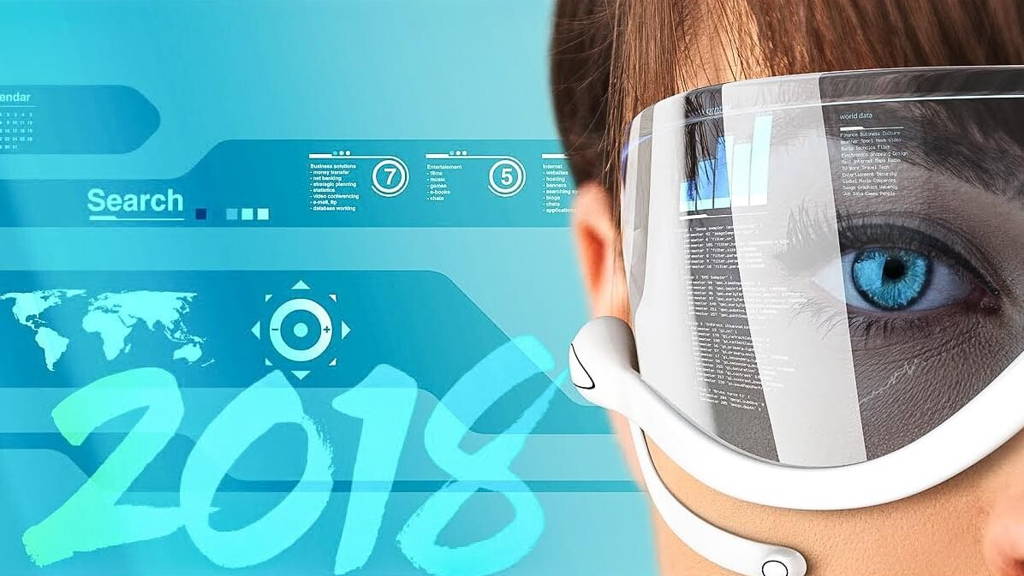Will Apple track your mind, not just your heart?
The premiere of Apple Watch Series 4 with FDA-cleared ECG was on the news globally. The device is becoming “an intelligent guardian for health.” Forbes reveals that in the future smartphones could also detect mental diseases:
“The iPhone models introduced at the same time as the Series 4 all deploy facial analysis software. The feature works in part by projecting a grid of more than 30,000 infrared dots on the user’s face in order to create a three-dimensional map for user recognition. This Face ID feature has been upgraded from the iPhone X by addition of a new chip, the A12 Bionic, which improves the ability of the phone’s artificial intelligence “neural engine.” Reportedly, those superior smarts will show up as clearer photos and FaceTime calls due to better detection of faces and bodies when taking pictures and video. But that improved clarity has other applications. Research shows that your facial expressions can provide the information about your emotional or mental state that’s then analyzed by emotion algorithms – or, perhaps, overanalyzed in the absence of other context about your life.”
Healthcare is one of the biggest impacts of new technology will be felt in healthcare.
The number of intelligent sensors in our smartphones is rising very quickly. Michael Millenson, the author of the article suggests, that “signals collected on facial expressions, voice quality, language use, physical activity, music choice and geographical location can all be used to predict and prevent mental health crises.”
Is mental health on Apple’s agenda?
Read the full text here
10 emerging technologies of 2018
Augmented reality, personalized medicine, AI-led molecular design, more capable digital helpers, implantable drug-making cells, gene drive, algorithms for quantum computers, plasmonic materials, lab-growth meat and electroceuticals – these are breakthrough technologies selected by a panel of World Economic Forum scientists and experts.
How will technology change our life in the near future? Artificial intelligence (AI) will greatly hasten the design of innovative drugs and materials. Advanced diagnostic tools will enable increasingly personalized medicine. Augmented reality will be everywhere, overlaying information and animation on real-world images to help with everyday tasks – and to help industry operate more efficiently. If we get sick, doctors will be able to implant living cells in the body that will act like drug factories, treating what ails us. And we will eat beef, chicken and fish grown from stem cells, greatly reducing the environmental impact of animal farming and sparing countless creatures from inhumane treatment.
Which technologies have the biggest impact on our daily life and also on healthcare?
Download the report here
AI is coming to healthcare
Diagnosis of illness will be fast and efficient, and medicine will be highly personalised. Wearable technology will be the norm, and we’ll know we are sick before we even get a single symptom.
Meanwhile, new drugs will come to market at breakneck speed as clinical trials get faster and more accurate. Ultimately, we will become our own doctors – World Economic Forum presents seven examples of medical future in areas like: detecting skin cancer, eye health, drug development, depression diagnosis, robotic doctors.
Each example has been illustrated with a practical application. For example: researchers in China showed how a robot could help doctors retrieve this information, by remembering it all for them. In their test, the AI robot – which had absorbed the contents of dozens of medical textbooks, 2 million medical records, and 400,000 articles – passed the medical license exam test in a fraction of the time of its human peers, and with better accuracy. The robot, called the iFlyTek Smart Doctor Assistant, achieved a score of 456, significantly higher than the mark of 360 required to pass the exam. However, the robot won’t be taking on hospital round duties any time soon, rather, it is designed to assist doctors as they attend to patients.
7 amazing ways artificial intelligence is used in healthcare.
Read the full text here






